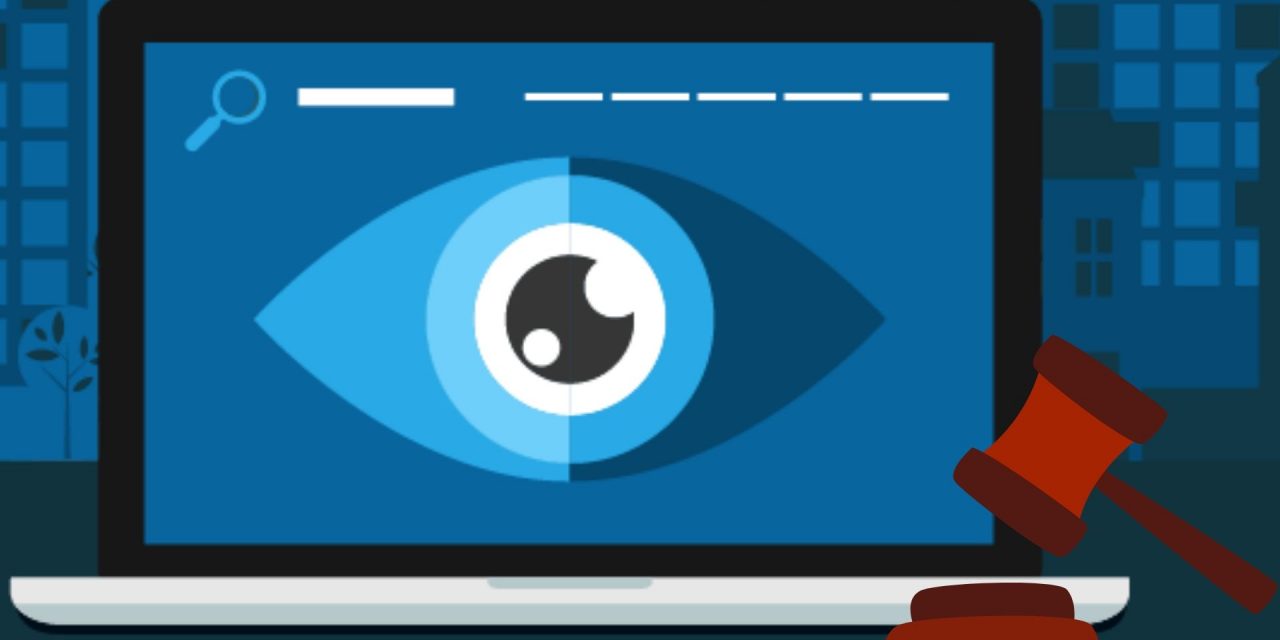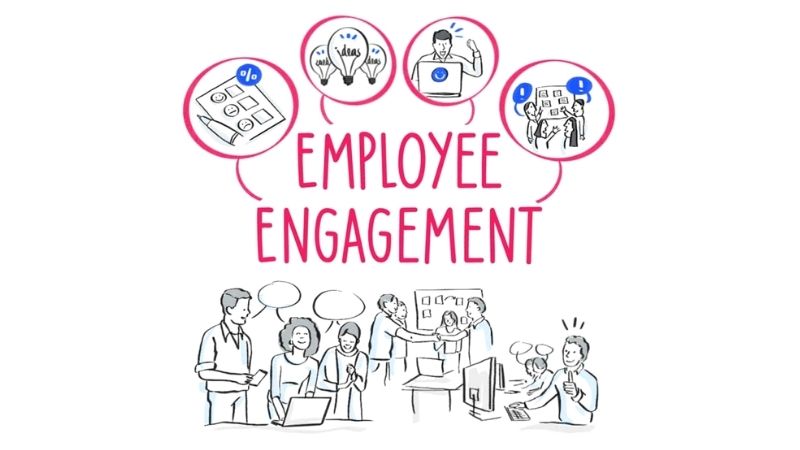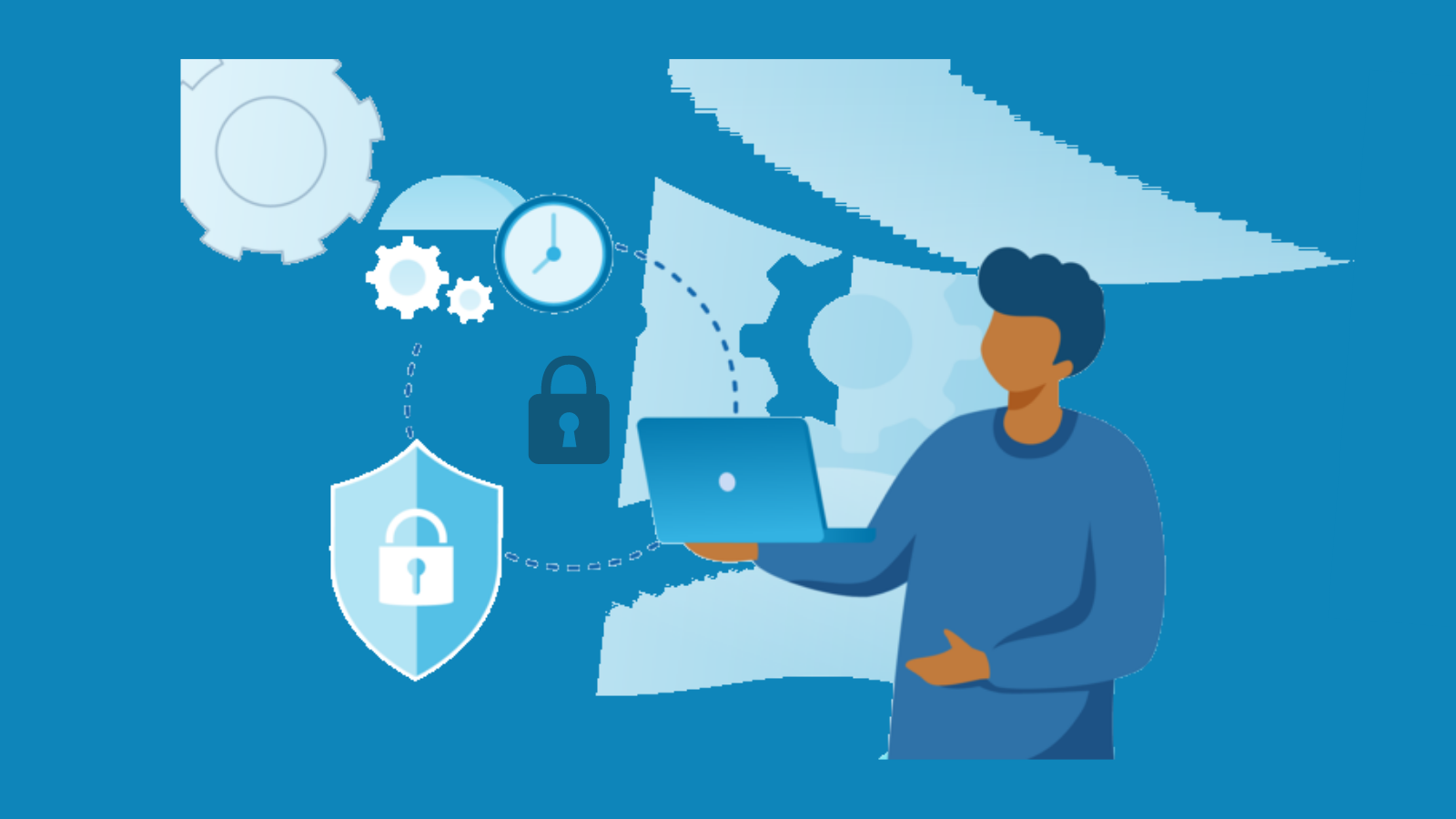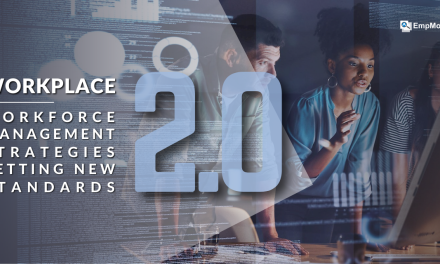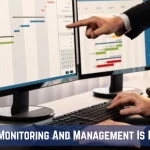Have you ever thought that workplace monitoring laws in your country? Even if it’s legal, there might be some legal restrictions. Here we are going to explore the workplace surveillance laws of 10 different countries.
These days, workplace monitoring has become a norm for business. The cases of insider theft and fraud have been growing more and more. Many companies around the world are also noticing such things and are looking forward to implementing workforce monitoring. Though in most countries, workplace monitoring and surveillance are totally legal. But still, there are some disputes concerning the privacy of employees. Based on the federal laws of the country, every citizen has the right to protect their private data. In different countries, the extent of legality can also differ.
Companies are also trying their best to implement employee monitoring solutions under the legal restrictions of their country. In this article, we are going to explore the laws and the best practices to use workforce monitoring. Here we go!
Disclaimer: The information given in this article is only for knowledge purpose, and it shouldn’t be taken as legal advice. You should consult your legal team about the employee monitoring laws before taking any actions.
Workplace Monitoring Laws In The US:
If you ask the question, “Is employee monitoring legal in the US?”. Then the answer is- Yes, you can! In the USA, employers have considerable rights to check the digital activities of their employees on workplace computers. According to the federal law of the USA, employers can monitor their employees without disclosing this matter to them. However, some states have laws where employers need to notify their staff about using tracking software beforehand.
In the US, employers have quite the liberty to monitor their employees’ digital data. So, employees can only expect limited privacy. But still, they have the right to preserve their own personal records, such as messages, emails, and financial transactions.
Workplace Surveillance In EU:
Most of the companies of the European Union follow the General Data Protection Regulation (GDPR), as there is not any specific regulation considering employee monitoring. It is the legal framework of the EU that sets the guidelines to collect the personal information of the people. That means employers need to have legitimate reasons before checking the private data of employees, while employers can check the employees’ computer data related to the official business. Under the GDPR, employers have to do a privacy impact assessment (PIA) before implementing a monitoring solution in their workplace. The PIA confirms the security of employees’ private data unless there are valid reasons to access their data.
Employee Monitoring In Australia:
Under the Australian Workplace Surveillance Act, an employer can monitor employees’ computers in their workplace. However, there are also some legal restrictions, as the employer can’t surveil their employees in stealth mode without obtaining the “Covert Surveillance Authority” from the court. Also, the Workplace Surveillance Act clearly stipulates that employers need to give 14 days prior notification to employees before implementing a workforce monitoring system in their business.
Workforce Surveillance In India:
The Indian employment and labor act, allows the employer to monitor their staffer activities. Though employers have to adopt securable privacy practices to secure the personal data of employees. Data information such as medical records, financial records, and biometric information shouldn’t be leaked without the confirmation of the employee. If the employer can’t fulfill the privacy security of an employee, then according to Section 43 A, employees can ask for valid compensation. But if there isn’t any violation of the employees’ data privacy, then employers have the ability to create monitoring policies for their business and apply them to their workforce.
Employee Monitoring In Canada:
Workforce monitoring is permissible in Canada, but it should be conducted in compliance with Canadian Privacy Statutes. According to the Canadian Personal Information Protection and Electronic Documents Act (PIPEDA) federal law, employers have limited access to collect the private data of employees. In such a case, employers should inform their employees before implementing the monitoring policies in their company. So that employees will have enough time to know whether their privacy is on the line due to monitoring or not.
WorkForce Monitoring Laws In UK:
Although employee monitoring is legal in the UK, employers shouldn’t try to sneak on employees’ data without proper reasons. According to the Human Rights Act 1998, every individual has a right to privacy. By recognizing that monitoring could be somewhat intrusive for employees, the UK has laws to create a well-balanced and legitimate solution to fulfill the expectations of both employers and employees. In the UK also, you have GDPR to protect the privacy of every citizen. Besides that, there are other laws- Regulation of Investigatory Powers Act 2000 and Lawful Business Practice to ensure legitimate employee tracking for the organization in the UK.
Employee Tracking In UAE:
In the UAE, if you want to bring employee monitoring policy in your business, you need to confirm with your employees before. Especially when employees are using their personal devices for work, it may contain personal data, which they don’t want to share. The federal law of UAE has strict regulations to protect the privacy of employees’ personal and sensitive data. Being an employer in the UAE, if you are monitoring your employees, make sure to not harm the privacy of employees in your workspace.
Workforce Monitoring Laws In Russia:
Russian laws strictly prohibit the track of personal conversation or emails. Under certain conditions, employers can monitor their employees:-
- Employees should have the information that their employers are using the tracking system to monitor their activities.
- Even if an employee uses a company’s device to send emails, the employer can’t monitor them without the confirmation of that employee.
- If employees are agreeing with the monitoring policy of the company, then only employers can use employee tracking solutions in their business.
In the current legal framework, employers can monitor and access professional data from their employees’ computers.
As you can see that many of the countries have their own laws and regulations for using employee monitoring. While the main purpose of these laws is to protect the privacy of employees. Employers should also consider such factors and follow all the federal and state regulations while using employee tracking software.
Here I have shown features of one of the employee monitoring software – EmpMonitor;
- Easy To Use Dashboard- Admin can easily access the EmpMonitor dashboard, which shows productivity and engagement records on each and every employee.
- Real Time Monitoring- EmpMonitor has a functionality which lets you track the real time activity of employees.
- Remote Monitoring- Even if the administrator is not in a workplace, they can check the office records using EmpMonitor software.
- Stealth Mode- Using EmpMonitor software, admin can track the staffers’ data while being invisible. That way, employees won’t be able to know that their activities are being tracked by their employer.
- Screenshot Monitoring: One of the best features of EmpMonitor tracker is screenshot monitoring. It can automatically capture the screens of employees’ computers in every few seconds.
- Web History: EmpMonitor software also has a web history tracking feature, which lets you check every online activity of the employee.
- Attendance & User logs: It also has a feature that lets you check the log records and work the presence of employees.
- Cloud Storage: EmpMonitor can record all the tracked data of employees and store it in the cloud memory, which can be easily accessible to the admin.
So, if you are ready to implement workplace monitoring in your business, you should check whether it’s legal in your country or not. While you can use one of the best employee tracking solutions- EmpMonitor for your business.
Wrapping Words:
Being an employer, the employer should act in a lawful way to access the electronic data of their staffers. In such a case, they should try to achieve a balance between business interests and ethical aspects of monitoring. Based on the laws and regulations of different countries, you might need to face certain challenges before implementing workforce monitoring.
That being said, we know that employee monitoring is somewhat legal in most of the countries. And it is really effective to ensure productivity and achieve great results for the business.
Also Read
12 Top Most Enquired Questions About Employee Monitoring Laws
Screenshot Monitoring: Is It Legal To Monitor Employees Computer Screen
If you have any queries regarding workplace surveillance, then you can also write to us in the comment box.

